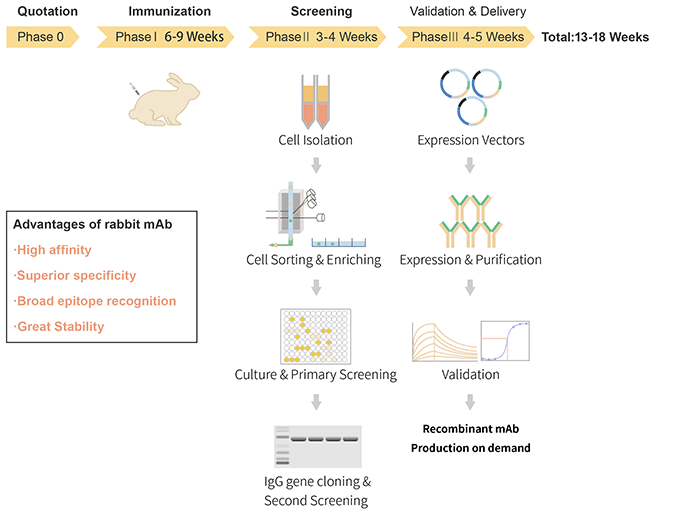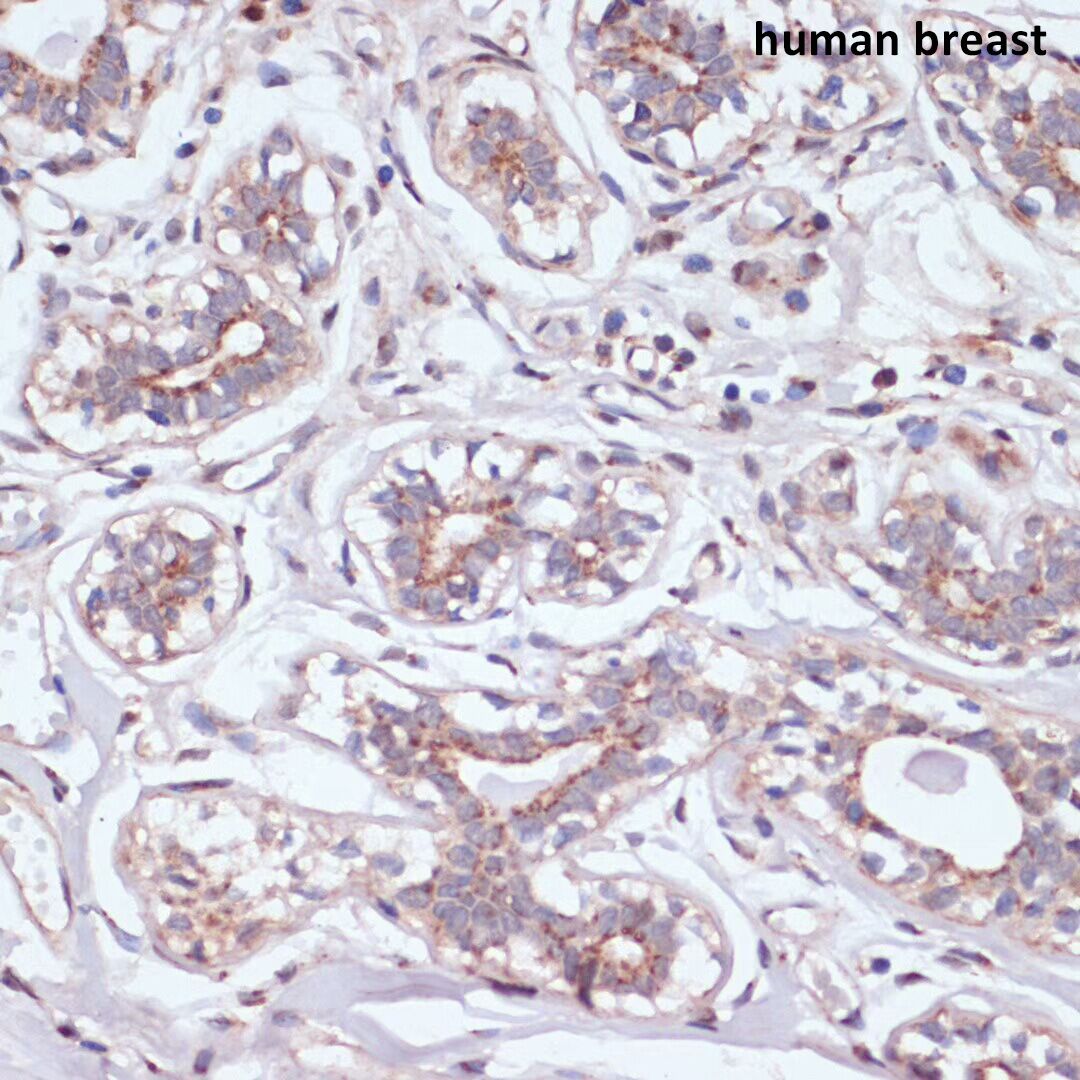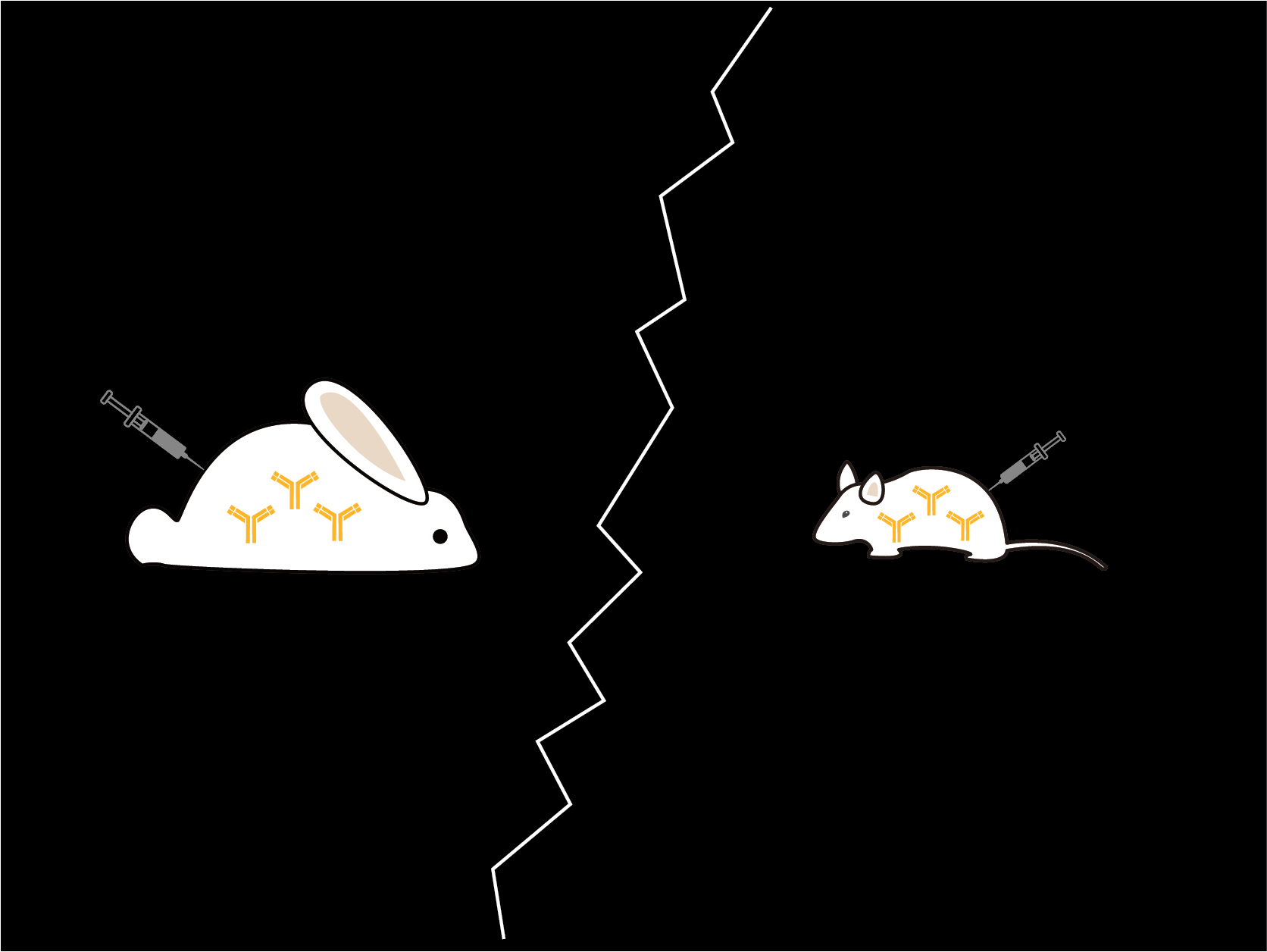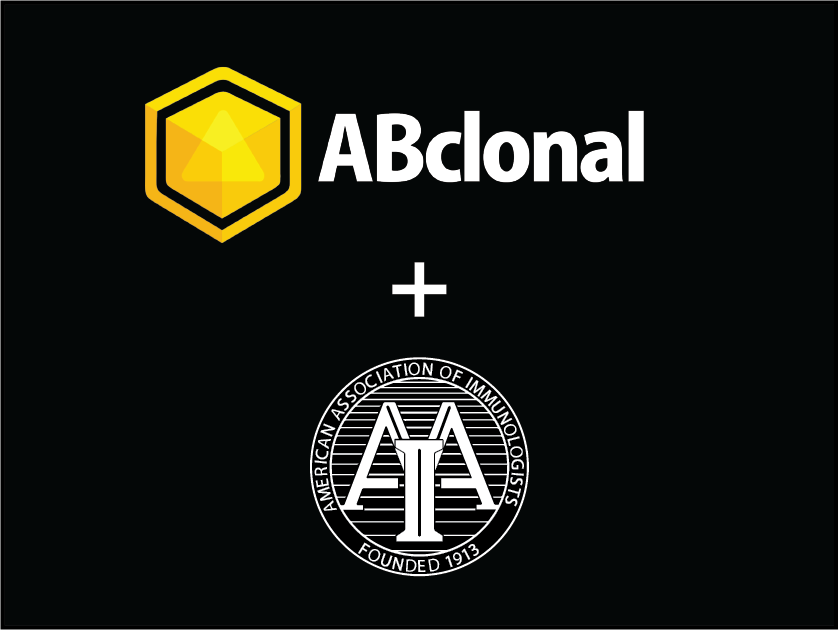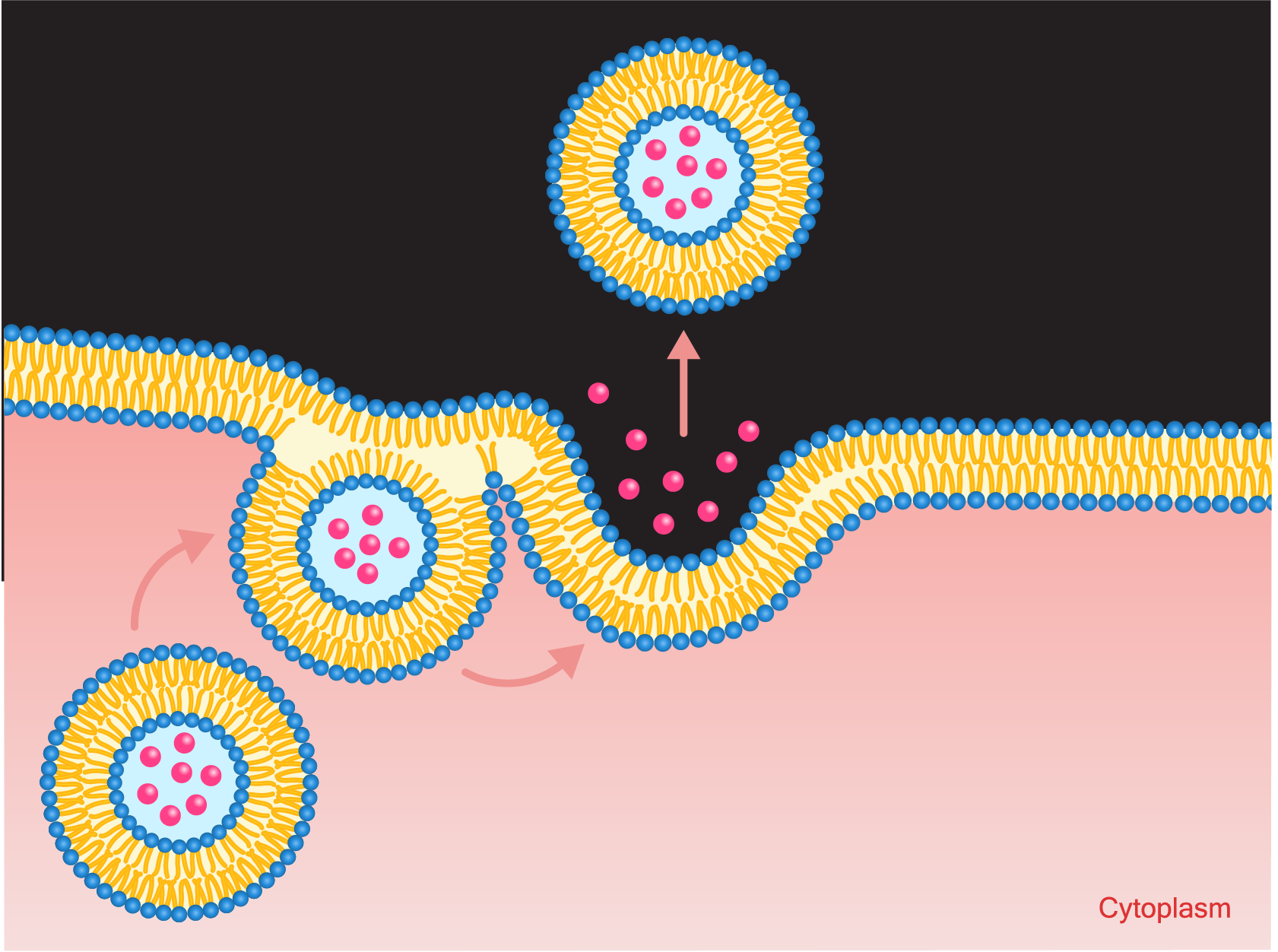ABclonal Technology began its lecture series at Sanofi Pasteur, located in Cambridge, Massachusetts. The lunch and learn event focused on rabbit monoclonal antibodies in the current market, which is one of ABclonal's leading product lines to support biological research.
Golgi membrane protein 1 (GOLM1) is a type II Golgi membrane protein discovered in recent years. Although underappreciated, the Golgi apparatus is indispensable to normal cellular function by ensuring proteins are properly folded and sorted, and to direct diverse functions including autophagy. Disruptions to proper Golgi function can lead to many disease states, including diabetes, cancer, and neurodegenerative disorders such as Alzheimer's disease. GOLM1 is a key protein in ensuring that proteins taken in from the endoplasmic reticulum are properly transported to their final destination in and out of the cell, and also may be involved in responses to viral infection.
The GOLM1 protein expression level increases in a variety of diseases and cancerous tissues. It is especially closely related to liver diseases. Many studies have shown that GOLM1 is more sensitive and more specific than alpha-fetoprotein (AFP, the most specific marker for primary liver cancer and the main indicator for the diagnosis of liver cancer) in the serological diagnosis of liver cancer. GOLM1 is expected to be the serological marker for the early diagnosis of liver cancer. It has also been reported to be highly expressed in patients with viral hepatitis and cirrhosis. The study of GOLM1 and other Golgi markers remains crucial to our understanding of human disease, and offers new avenues to develop more effective targeted therapies to alleviate the burdens of these ailments.
Last week, ABclonal Technology set foot on the "Land of the Rising Sun" to attend the 17th International Biotech and Life Sciences Exhibition & Conference. One of our technical sales specialists from the Boston office, Giovanni Musto, joined our colleagues in Japan for the exhibition. Here are some highlights from his trip.
What are the Differences Between Rabbit and Mouse Antibodies?
Antibodies are the most commonly used tools in biological research. They are used in various applications such as Western Blot (WB), Immunoprecipitation (IP), Immunofluorescence (IF), Immunohistochemistry (IHC) and enzyme-linked immunosorbent assays (ELISA). Two of the most common hosts for producing research antibodies are rabbits and mice, but what are the differences between rabbit and mouse antibodies? Which antibody would be best suited for your research?
During the passed weekend, ABclonal Technology had the honor to join esteemed immunologists around the world for the Immunology 2018 conference held in Austin, Texas (go Longhorns). Let's check out some of the highlights.
Although exosomes were discovered over five decades ago, interest among the scientific community didn’t pique until much later. Specifically, in the last ten years, the number of annual publications about exosomes have almost increased by tenfold (from 1,570 published papers in 2007 to 14,000 in 2017). But what exactly are exosomes and what justifies the frenzy?




